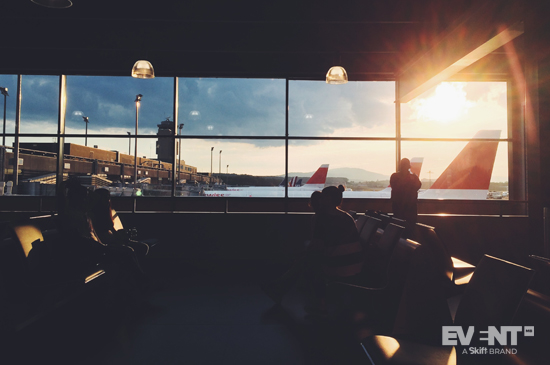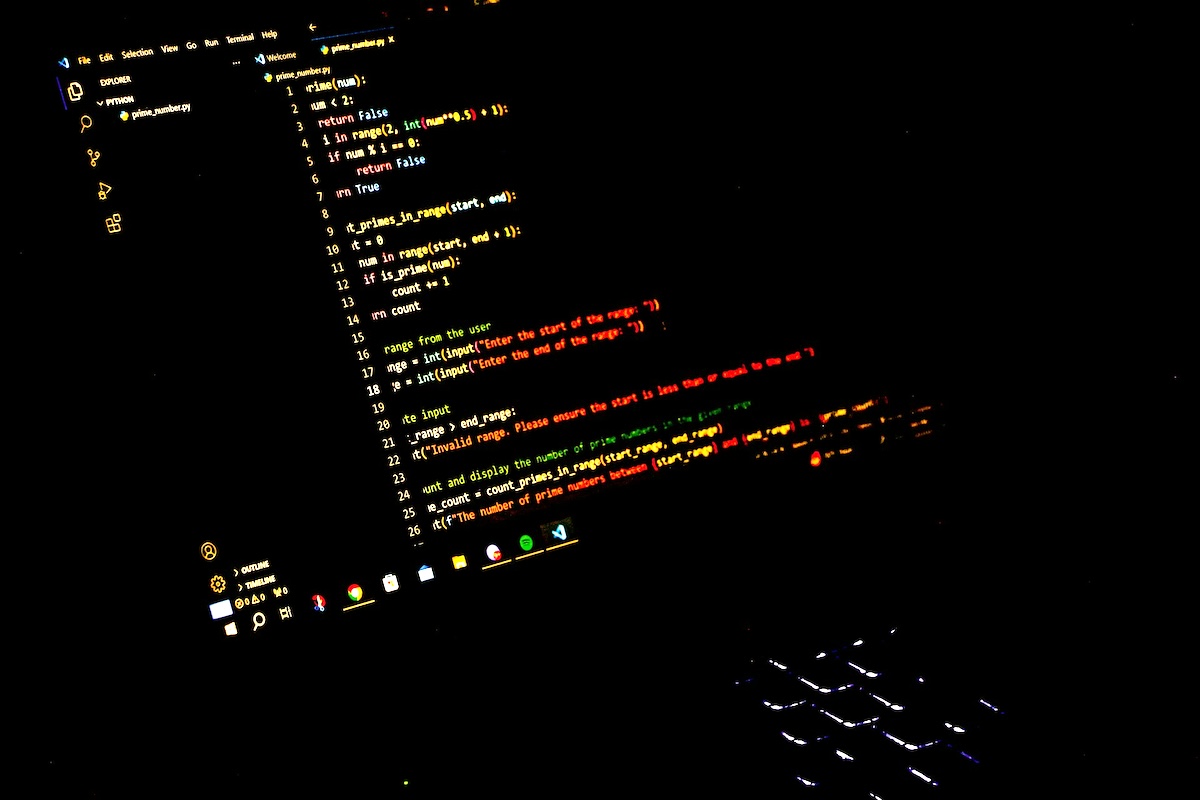Skift Take
Germany has deemed travel for trade shows and exhibitions "essential" as of September 15th. This is a significant development for the global events industry that may help kick-start international travel for events around the world — if it lasts.
Germany has largely been at the forefront of the events indsutry’s recovery from the pandemic, starting with its decision to exclude trade shows from banned mass gatherings back in May. In another major move this week, its Ministry of the Interior began categorizing travel for business events as essential.
This news comes as a welcome relief to many eventprofs, but it also raises questions of timing and necessity. At a time when case numbers across Europe are rising, business travelers are now joining healthcare workers and people in need of international protection as those considered to have an “imperative need to travel.”
This means that all travelers can enter Germany in order to attend a business event, including those from areas that are considered high-risk. Upon entering Germany, attendees from these countries are required to provide their ticket to the event as well as proof that they have a meeting scheduled with at least one exhibitor during the trade show.
Encouraging and welcoming international travel to this extent is certainly an important step in the industry’s comeback, but is it warranted this soon?
The Economic Importance of Trade Shows
Evaluating this decision by the German government brings us back to the hot-button issue of whether the economic risks of shutting down trump the health risks of reopening. Germany is the world’s largest trade show market, so it makes sense that it has been so adamant about salvaging that part of its economy.
There is no doubt that these events are incredibly important. According to the AUMA, the Association of the German Trade Fair Industry, the estimated economic impact of cancelled and postponed trade shows in Germany as of July 31st was 18.5 billion euros.
Whether or not the economic impact is essential — or more essential than people’s safety — is a complex question that has been the topic of countless debates over the last few months, but in this case at least, it seems that the economic benefits far outweighed the potential health risks.
The Virtual Alternative
It seems particularly difficult to justify the categorization of trade shows as essential given the recent proliferation of virtual events. Germany lifted restrictions several weeks ago for travelers from other EU countries and from countries that are not considered high-risk, so there was always the possibility of moving forward with a smaller in-person show, perhaps with a hybrid element for those unable to travel.
That said, trade shows have had a particularly hard time pivoting to virtual, so there may be more of an argument to be made for live over virtual for these types of events in particular. However, the tech is only getting better, and with a still largely unfamiliar virus on the loose, it is worth looking into as a viable alternative to meeting in person.
Will It Be Safe?
Perhaps the biggest question to consider following this announcement is whether it will be possible to maintain a safe environment at an international trade show taking place in the next few months.
We spoke to Matthias Schultze at the German Convention Bureau about the safety involved.
“According to an IPK International/GNTB study, Germany achieves the best score worldwide for low coronavirus risk from international travelers’ point of view. Health and safety for participants is a top priority when planning and implementing business events. To this end, congress centers, hotels and mobility providers have developed comprehensive hygiene and safety concepts. At the same time, official rules were established for business travelers and trade fair visitors from abroad in order to be able to act in the best possible way under the conditions of the ‘New Now’ and to ensure the health of all concerned.”
– Matthias Schultze, Managing Director, GCB (German Convention Bureau)
In terms of what that amounts to in practical measures, in addition to the now-normal social distancing and mask-wearing guidelines, travelers from high-risk locations — which are defined in part as areas with more than 50 new cases per 100,000 residents — will need to test negative for the virus or quarantine upon arrival (exact requirements vary by state).
However, there is an inherent flaw with the designation of at-risk areas, as we’ve previously explored. Even though the list is frequently updated, there will always be an inevitable delay. Although better testing capacity in many places significantly improves our ability to detect rising cases, we cannot know an area’s condition in real time.
In addition, part of what makes the situation difficult to assess is the fact that the goalposts keep changing. Case in point: the AUMA reports that as of early October, quarantines of at least 5 days will be enforced even if a traveler tests negative upon entry.
ITB Berlin and IMEX Frankfurt are just two examples of German trade shows that confidently pushed forward with their plans to host physical events before inevitably having to cancel due to changing regulations and increasing outbreaks, so only time will tell whether these new measures remain both effective and realistic.
IN CONCLUSION
The coronavirus pandemic continues to rage across various parts of the world, and with schools reopening and travel resuming, the predicted second wave seems inevitable. Although we have more information about the virus than we did six months ago, the regulations and guidance are still changing frequently.
The decision by Germany to consider business travel essential seems slightly premature, but it will be an interesting case study in the coming months, and if it is indeed successful it may open the door for similar announcements in other countries.





